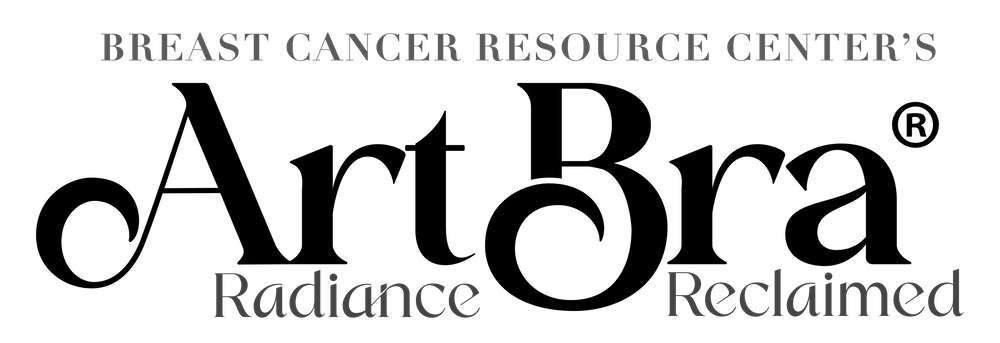The COVID-19 pandemic created many challenges among healthcare providers, not just regarding care for patients who were infected with the novel coronavirus, but also in terms of treating patients with medical conditions such as breast cancer. Specifically, this pandemic was a challenge to ensure safety of breast cancer patients undergoing daily radiation therapy for several weeks and to keep from being exposed to the virus for such long duration. Radiation therapy usually requires multiple visits to the hospital, typically five days a week for three to four weeks in a row. However, a recent study shows that radiation therapy can now be safely and effectively delivered in just 1 week, which is much shorter than the standard three weeks of treatment. This randomized trial based out of the United Kingdom was published in The Lancet, a highly reputable journal in the field of Oncology.
1-Week Treatment versus 3-Week Treatment
After having surgery to remove breast cancer, the patient receives a course of radiation therapy. The goal of radiation therapy is to lower the risk of the cancer coming back or what is referred to as cancer recurrence. It was not long ago that whole breast radiation therapy after breast surgery was given as one treatment per day, five days a week, for five weeks. However, in March of 2018, the American Society for Radiation Oncology (ASTRO) changed their guidelines to now recommend whole breast radiation therapy only for just three weeks. This change was based on multiple randomized clinical trials in United Kingdom and North America which showed equivalent safety and efficacy of three weeks of radiation therapy compared to the five weeks of treatments.
United Kingdom has been at the forefront of pioneering shorter duration of radiation therapy for breast cancer. Initially the movement to reduce the radiation therapy duration was started with two large randomized clinical trials which compared five weeks of radiation therapy to three weeks of therapy. The 10-year outcomes of these trial were published on September 19, 2013 in The Lancet titled, “The UK Standardization of Breast Radiotherapy (START) trials for radiotherapy hypofractionation for treatment of early breast cancer: 10-year follow-up results of two randomized controlled trials.” These trials concluded that three weeks of radiation therapy was just as safe and effective for patients with early-stage breast cancer compared to the standard 5-week course. The publication of these trials lead to ASTRO updating their recommendations in 2018 for the radiation oncologists in America to adopt the 3-week course as a standard of care.
However, three weeks of daily radiation therapy is still inconvenient and difficult for many patients to complete. And so, United Kingdom is again pioneering an ultra-short course whole breast radiation therapy that can be completed in just one week. This ultra-short course treatment is called the FAST-Forward regimen. The FAST-Forward clinical trial included a total of 4,096 women diagnosed with early-stage breast cancer who had undergone surgical removal of their cancer. Patients were randomly selected to receive radiation therapy for either one week or for three weeks. The patients were then compared to see if one week of treatment was equally as effective at reducing cancer recurrence risk and also to see if it caused any different side effects compared to three weeks of treatment. The patients were followed for five years after their treatment to monitor for these side effects.
The results of this study were published on May 23rd, 2020 in The Lancet titled, “Hypofractionated breast radiotherapy for one week versus three weeks (FAST-Forward): Five-year efficacy and late normal tissue effects results from a multicenter, non-inferiority, randomized, phase 3 trial.” At 5-years, the researchers found that only 1.4% of the patients receiving the 1 Week Course had a cancer recurrence and 2.1% patients receiving the 3-Week course had a cancer recurrence. This meant that both the one-week schedule and the three-week schedule reduced the risk of recurrence by about the same amount and were equally effective.
Additionally, at five years, the side effects of the treatment were also compared. In the one-Week course, there were 11.9% women with skin side effects and 9.9% women in the three-Week course. Though this number was slightly different, it was not clinically or statistically significant, meaning that both radiation therapy schedules had the same risk of skin side effects. The researchers concluded that, one week of radiotherapy is equally as effective and safe as the international standard of three weeks of radiotherapy for early breast cancer. The study authors stated that, “the one-week schedule has major benefits over the three-week or five-week regimens in terms of convenience and cost for patients and for health services globally.”
What Does This New Study Mean for You?
The results of FAST-Forward study are very encouraging as they show the equivalence of the one-week treatment compared to the three-week treatment in terms of both the risk of cancer recurrence and side effects. Though, it is important to keep in mind that the study only reported findings for five-year follow up.
Since many UK radiation centers had participated in the FAST-Forward trial, they were familiar with delivery of this new treatment schedule. As a result, this new treatment regimen was rapidly implemented all over the country. The start of the COVID-19 pandemic also resulted in many radiation oncologists quickly adopting this one-Week regimen to reduce the number of patient visits to the radiation facility. Many large American institutions also adopted the one-Week approach during the pandemic to reduce the number of visits to the radiation facilities. It is likely that this ultra-short, convenient, and cost-effective one week of radiation therapy regimen is here to stay even after the pandemic ends. Just in this decade, we have made a significant progress in breast cancer radiation treatments by reducing five weeks of therapy to three weeks in 2018, and now in 2021 to just one week.
If you have been diagnosed with early-stage breast cancer and radiation therapy is part of your treatment plan, you should ask your radiation oncologist about the FAST-Forward study and if the one-week treatment makes sense for you and your unique situation.

Written By: Prashant Gabani, MD
Dr. Prashant Gabani is a Radiation Oncologist with Baylor Scott and White Health in Austin, TX. He graduated from Temple University School of Medicine and completed his Radiation Oncology Residency training at Washington University in Saint Louis. He specializes in state-of-the-art breast cancer radiation therapy techniques and has published many research papers in medical journals on the topic of breast cancer. He is extremely passionate about this disease that impacts millions of women worldwide and works hard to improve the quality of care that these women receive.
If you or someone you know is facing breast cancer and could use our support, please visit our website or call our helpline at 512-524-2560.
Consider making a donation to BCRC and give the gift that makes a real difference for the women in Central Texas facing breast cancer right NOW. Visit bcrc.org to learn more about how we can help, or click here if you wish to give back today.


